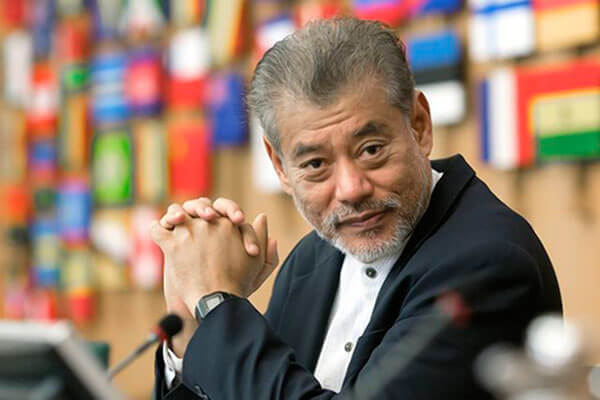The United States has about 5,000 hospitals, 900,000 doctors and 3 million nurses. But the backbone of the health care system is the millions of family caregivers, treating loved ones during an illness.
Family caregivers are the invisible supporters, often referred to as silent patients because they endure physical, emotional and economic challenges without adequate support.
Caregivers need the support of their family, friends and even their employers to do their work. But that support will only happen when we continue to educate ourselves and others about who family caregivers are and why they are essential to the health care system.
An estimated 65.7 million people in the United States are family caregivers. Without them, the health care system probably could not function. In 2009, the last year with complete statistics, unpaid family caregivers provided an estimated $450 billion in free services.
Much of that care included medical and nursing tasks for patients. In fact, nearly 20 million people — six times the number of nurses in the entire country — perform nursing tasks as caregivers. Most have had no training besides instructions for care when the patient left a hospital.
How well they are able to perform these tasks can make the difference between care at home and cycling in and out of hospitals. More hospitals and insurers are focusing on providing improved instructions and support for caregivers, precisely so patients can be stabilized at home and not need to return to a hospital again and again.
Who are these caregivers? We usually think of them as people who are caring for aging seniors. That has long been the hallmark and focus of caregiving.
But caregivers have many faces, including grandparents raising grandchildren, people caring for friends with chronic conditions, children caring for family, people providing care long distance, or people assisting veterans with chronic wounds.
I’ve met and spoken with thousands of family caregivers all over the world.
I’ve provided care to someone before and I’m caring for someone again. I have done what they do and I have been where they are.
Caregivers often feel isolated, sacrificing careers and relationships to look after family, friends, children and adults in their charge.
Often, they feel they must choose between caring for a loved one and doing almost anything else. Many feel lost and alone.
Taking care of someone else is as difficult as it is satisfying and necessary.
But to start, they must accept that they are a family caregiver.
It is a crucial step to understanding that before they care for someone, they must care for themselves. This is not being selfish or unkind. It is mandatory and a prerequisite for successful family caregiving.
Each of us is a person with physical, emotional and spiritual needs. We cannot provide physical, emotional and spiritual caring to others that we do not have it ourselves.
It is often a revelation to caregivers when they learn that there are so many other people who are doing the same thing. Suddenly, they realize there are other people who can understand and point the way forward.
For a system as vital to the ultimate success of healthcare, it is remarkable how fragmented and unorganized caregiving actually is.
Without formal training or formal medical support, caregiving hinges on each person supporting the work of the other. We do for others what one day another will do for us.
The Rev. Gregory Johnson, pastor of The Marble Collegiate Church in Manhattan, created EmblemHealth’s Care for the Family Caregiver program, and co-authored “Peace, Be Still: Prayers and Affirmations, Inspiration for Family Caregivers.”
























